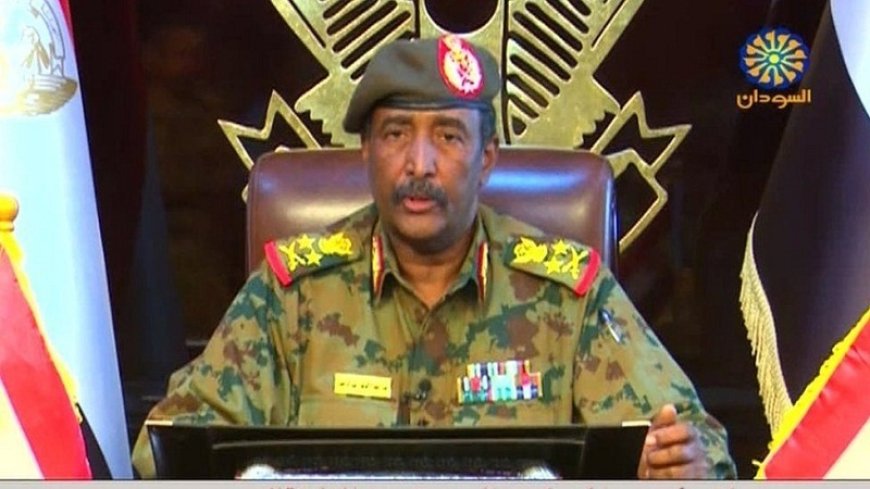The Sudanese army rejected the call of the United States to talk with the rebels
The Sudanese army has rejected calls to return to ceasefire talks with the RSF rebel group following talks between Sudanese leader General Abdel Fattah al-Burhan and US Secretary of State Antony Blinken.

The Sudanese army has rejected calls to return to ceasefire talks with the RSF rebel group following talks between Sudanese leader General Abdel Fattah al-Burhan and US Secretary of State Antony Blinken.
Blinken called al-Burhan in the evening where he tried to convince him to negotiate with the RSF rebels. Senior Sudan official Malik Agar opposes the US intervention and said: "We will not go to Jeddah (Saudi Arabia) and whoever wants us to kill us in our country and send our bodies there."
The United States has been managing the talks between the rebels and the Sudanese government in Jeddah. However, the talks so far have not been successful.
Fierce fighting continued Wednesday in areas north of the capital, with residents reporting heavy airstrikes and shelling.
Sudan has however accepted Egypt's invitation for a summit meeting of civil political groups, but set conditions regarding the type of groups and foreign actors invited.
The armed conflict began in Sudan on April 15 last year between the Sudanese Army (SAF) led by General Abdel Fattah al Burhan who is the leader of Sudan and the rebels known as the Rapid Support Force (RSF) whose commander is Hamdan Dagalo.
Recently, Justin Brady, Head of the United Nations Office for the Coordination of Humanitarian Aid (OCHA) in Sudan said, "Today, Sudan is one of the worst humanitarian crises in the world. Half of the population of Sudan, i.e. 25 million people, need humanitarian aid human."













































